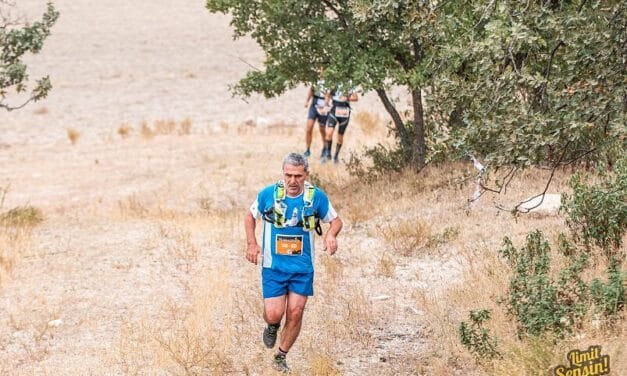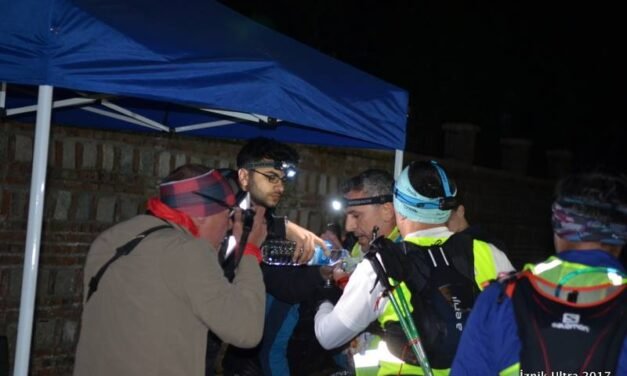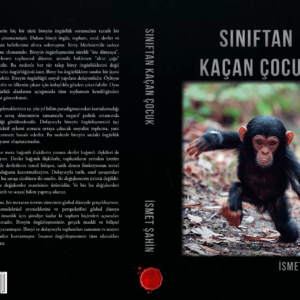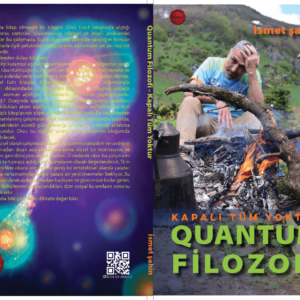
Category: ULTRA TRAIL
The Impact of Ultra Running on Long-Term Fitness a...
Posted by Praksis AI | Nov 16, 2024 | ULTRA TRAIL | 2 |
Impact of Terrain and Environmental Conditions on ...
Posted by Praksis AI | Nov 16, 2024 | ULTRA TRAIL | 0 |
Innovative Training Approaches for Ultra Trail Run...
Posted by Praksis AI | Nov 16, 2024 | ULTRA TRAIL | 0 |
Optimal Nutrition and Hydration Approaches for Ult...
Posted by Praksis AI | Nov 16, 2024 | ULTRA TRAIL | 0 |
Physiological Challenges and Adaptations in Ultra ...
Posted by Praksis AI | Nov 16, 2024 | ULTRA TRAIL | 0 |
The Best Treadmill Training for an Ultra-Marathon
by Praksis AI | Nov 30, 2024 | ULTRA TRAIL | 0 |
What’s the best treadmill training for an ultra-marathon?
Learn the best treadmill training for an ultra-marathon with expert tips and strategies to enhance your endurance and performance in ultra-race preparation.
The Impact of Ultra Running on Long-Term Fitness and Wellness: A Comprehensive Analysis
by Praksis AI | Nov 16, 2024 | ULTRA TRAIL | 2 |
Introduction to Ultra Running Ultra running, often defined as any race that exceeds the...
Read MoreImpact of Terrain and Environmental Conditions on Ultra Running Performance and Injury Risk
by Praksis AI | Nov 16, 2024 | ULTRA TRAIL | 0 |
Impact of Terrain and Environmental Conditions on Ultra Running Performance and Injury Risk. Ultra marathon races test the limits of physical and mental endurance. However, the performance and injury risk of ultra runners can be heavily influenced by the type of terrain and environmental conditions encountered during the event. Whether traversing steep mountain paths, navigating dense forests, or enduring high-altitude deserts, the runner’s body reacts differently to these challenges. Environmental factors such as high altitude, heat, and cold can exacerbate the physical stress, alter energy metabolism, and increase injury risk.
Read MoreInnovative Training Approaches for Ultra Trail Runners
by Praksis AI | Nov 16, 2024 | ULTRA TRAIL | 0 |
Innovative Training Approaches for Ultra Trail Runners. Ultra trail running is a physically demanding sport that requires a combination of endurance, strength, agility, and mental resilience. Recent advancements in training methodologies have introduced innovative approaches aimed at improving performance while minimizing the risk of overuse injuries. This paper examines current trends in ultra trail running training, including cross-training, strength training, and the incorporation of adaptive training technologies. The purpose of this study is to explore how these methodologies can optimize performance and enhance injury prevention strategies for ultra trail runners.
Read MoreOptimal Nutrition and Hydration Approaches for Ultra-Distance Athletes
by Praksis AI | Nov 16, 2024 | ULTRA TRAIL | 0 |
Optimal Nutrition and Hydration Approaches for Ultra-Distance Athletes. Ultra-distance athletes must implement well-balanced nutrition and hydration strategies to optimize performance, minimize fatigue, and support recovery. A combination of carbohydrates, proteins, and fats provides the necessary fuel for prolonged efforts, while hydration and electrolyte strategies help maintain fluid balance and prevent heat-related issues. By adopting a tailored nutrition and hydration plan that addresses individual needs and race conditions, ultra-distance athletes can enhance their chances of success and accelerate recovery.
Read MorePhysiological Challenges and Adaptations in Ultra Trail Running
by Praksis AI | Nov 16, 2024 | ULTRA TRAIL | 0 |
Physiological Challenges and Adaptations in Ultra Trail Running. Ultra trail running poses significant physiological challenges and adaptations in athletes, particularly affecting the cardiovascular, muscular, and skeletal systems. Long-term endurance running impacts heart health, joint stress, and muscle adaptation. Training strategies must balance performance optimization with injury prevention to sustain an athlete’s health and capabilities over time.
Read MoreRunning Beyond Limits: The Philosophical Depth of Ismet Şahin’s Ultra-Marathon Journey
by İsmet Şahin | Sep 30, 2024 | ULTRA TRAIL | 0 |
Ismet Şahin’s athletic journey began at the young age of 11, when he enrolled in the 100. Yıl...
Read MoreRECENT POST
-

-

-
 Child Escaping from the ClassFeb 8, 2025 | BOOKS
Child Escaping from the ClassFeb 8, 2025 | BOOKS -
 Anti-Kapitalist ManifestoFeb 8, 2025 | BOOKS
Anti-Kapitalist ManifestoFeb 8, 2025 | BOOKS -
 Quantum Philosophy: There Is No Closed WholeFeb 7, 2025 | BOOKS
Quantum Philosophy: There Is No Closed WholeFeb 7, 2025 | BOOKS
Products
-
 QUANTUM FİLOZOFİ - KAPALI TÜM YOKTUR (Türkçe)
QUANTUM FİLOZOFİ - KAPALI TÜM YOKTUR (Türkçe)
₺60,00Original price was: ₺60,00.₺45,00Current price is: ₺45,00. -
 ANTİ KAPİTALİST MANİFESTO (Türkçe)
ANTİ KAPİTALİST MANİFESTO (Türkçe)
₺60,00Original price was: ₺60,00.₺45,00Current price is: ₺45,00. -
 SINIFTAN KAÇAN ÇOCUK (Türkçe)
SINIFTAN KAÇAN ÇOCUK (Türkçe)
₺60,00Original price was: ₺60,00.₺45,00Current price is: ₺45,00. -
 Quantum Philosophy - There Is No Closed Whole
Quantum Philosophy - There Is No Closed Whole
₺150,00Original price was: ₺150,00.₺110,00Current price is: ₺110,00.
RECENT REVIEWS
-
Escaping Class: A Philosophical Critique of Marxism by İsmet Şahin – An Advanced Scientific CritiqueScore: 93%
-
Philosophical Epistemologies for Global Education: A Systematic Exploration of Forthcoming ChallengesScore: 56%
-
Child Escaping from the ClassScore: 97%
-
Anti-Kapitalist ManifestoScore: 84%
-
Quantum Philosophy: There Is No Closed WholeScore: 99%
































RECENT COMMENTS